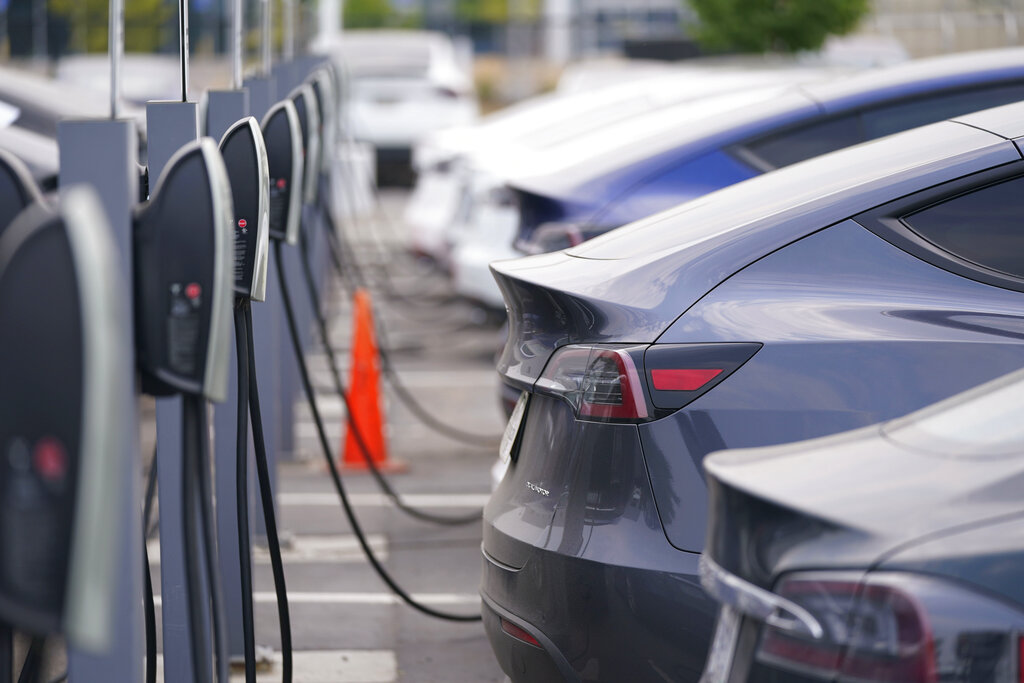A consortium of Ganz Switching and Equipment Manufacturing Ltd. (Ganz KK) and Dunaújváros University has come up with a revolutionary EV charging system, writes Világgazdaság.
The automated, robotic and remotely controlled technology enables group charging of electric vehicles with zero human intervention.
The total cost of the project reached HUF 1.1 billion, to which the National Research Development and Innovation Fund contributed HUF 796 million.
The system is unique in that it can recognize and select autonomously parked vehicles, and then connect and disconnect them from the charging point using the robotic arm.
A single charging container can serve up to four vehicles at the same time, which significantly optimizes charging processes. This can be particularly beneficial for industrial users and fleet managers, as charging times can be scheduled according to the most favorable energy consumption.
Hungary has long been a key location for electronic battery manufacturing, with the Battery Industry portal reporting last year that HIPA chief Istvan Joo told attendees at a recent conference that related investments in Hungary have grown to €24 billion since 2016. He also noted that the vast majority of the companies in the field (9 out of 10) are Asian.
Hungary is expecting further growth across all segments, which makes this recent news a perfect fit. “Hungary is also striving to create the entire ecosystem in battery production through the development of a comprehensive supplier network as well,” writes the site. Hungarian PM Viktor Orbán has openly declared his ambition to dominate the global EV battery market.
Hungary has also gone to bat specifically for China regarding punitive imports the EU decided to impose on Chinese electric cars, with FM Szijjártó saying the country is determined to abolish them for the good of Europe.
China’s Contemporary Amperex Technology Co., Limited (CATL) announced back in 2022 that it would build its second battery cell manufacturing plant in Debrecen, Hungary. Production at €7 billion, 100 GWh facility is expected to start this year.
One of the most significant innovations of this new battery charging development out of Ganz is shape recognition in non-optimal lighting conditions. Accurately identifying the charging socket against a dark background has been a major technological challenge, and its solution is crucial for automated operation.
The technology, which will be available as either an entire system or individual modules, has been protected with an international patent.
Ganz KK, a fully Hungarian-owned company, primarily produces low-voltage electrical switchgear, which is widely used in the energy industry, mechanical engineering, construction and households. The company’s net sales in 2023 were HUF 3 billion, while its after-tax profit was HUF 11.9 million. In 2022, their sales amounted to HUF 2.4 billion, with an after-tax profit of HUF 147 million.






